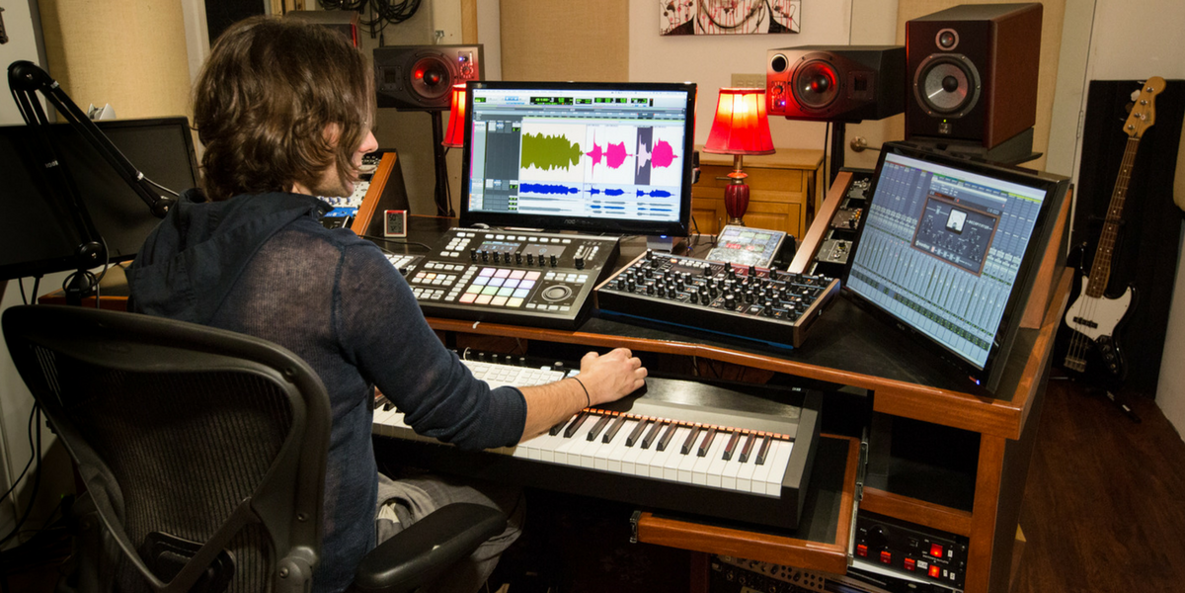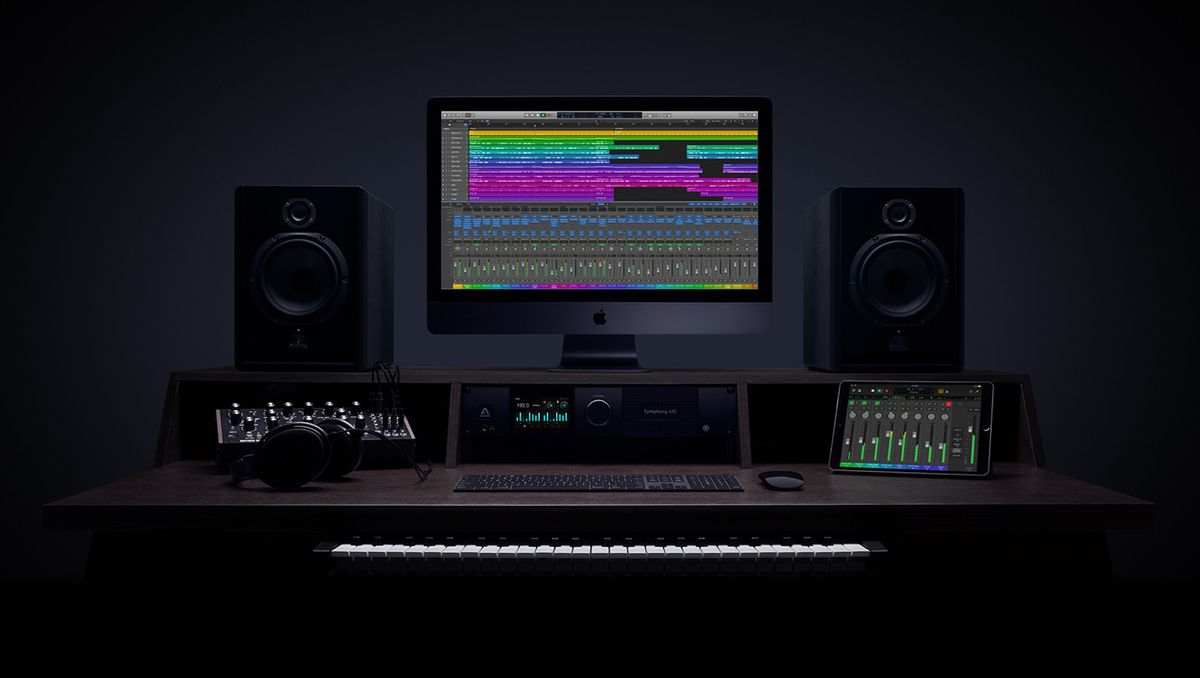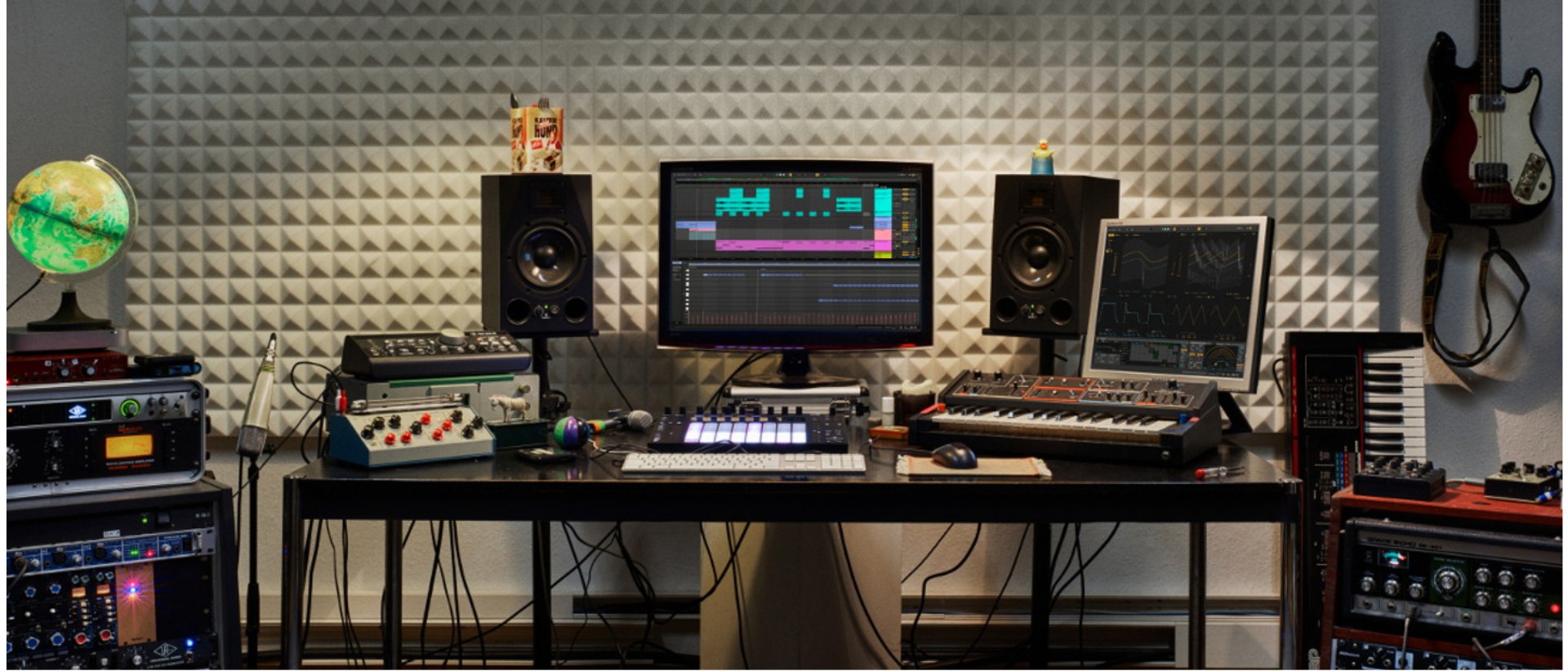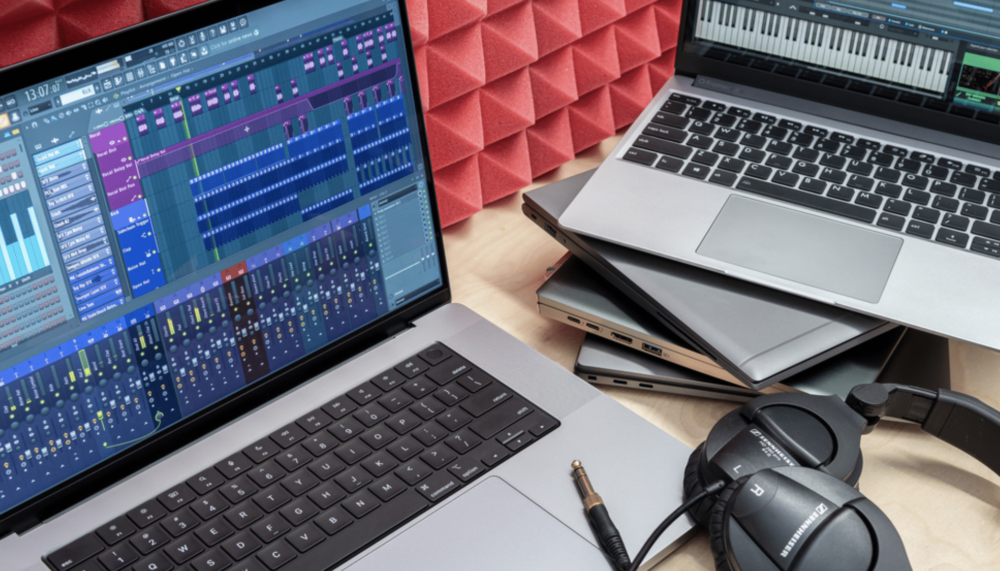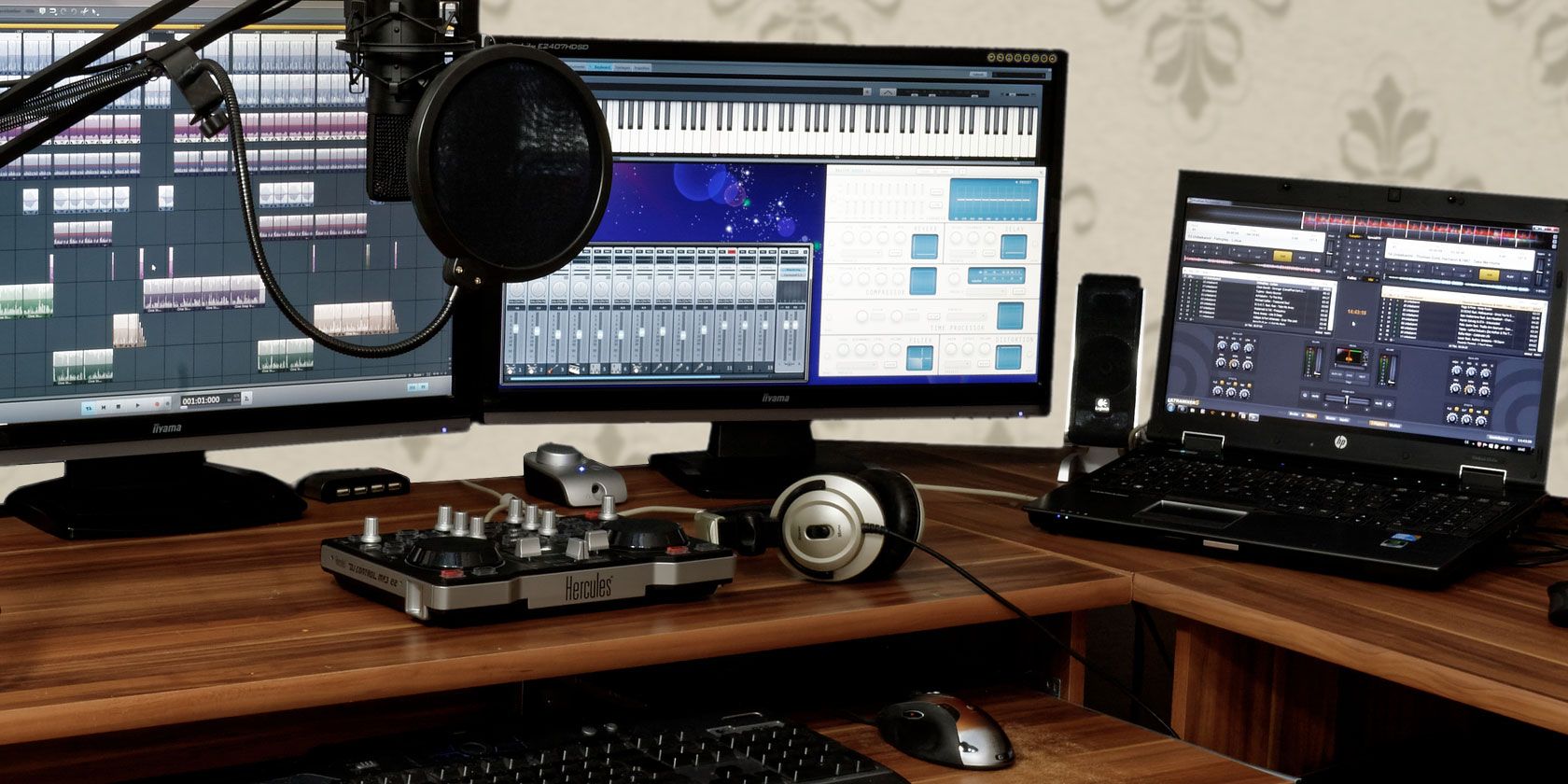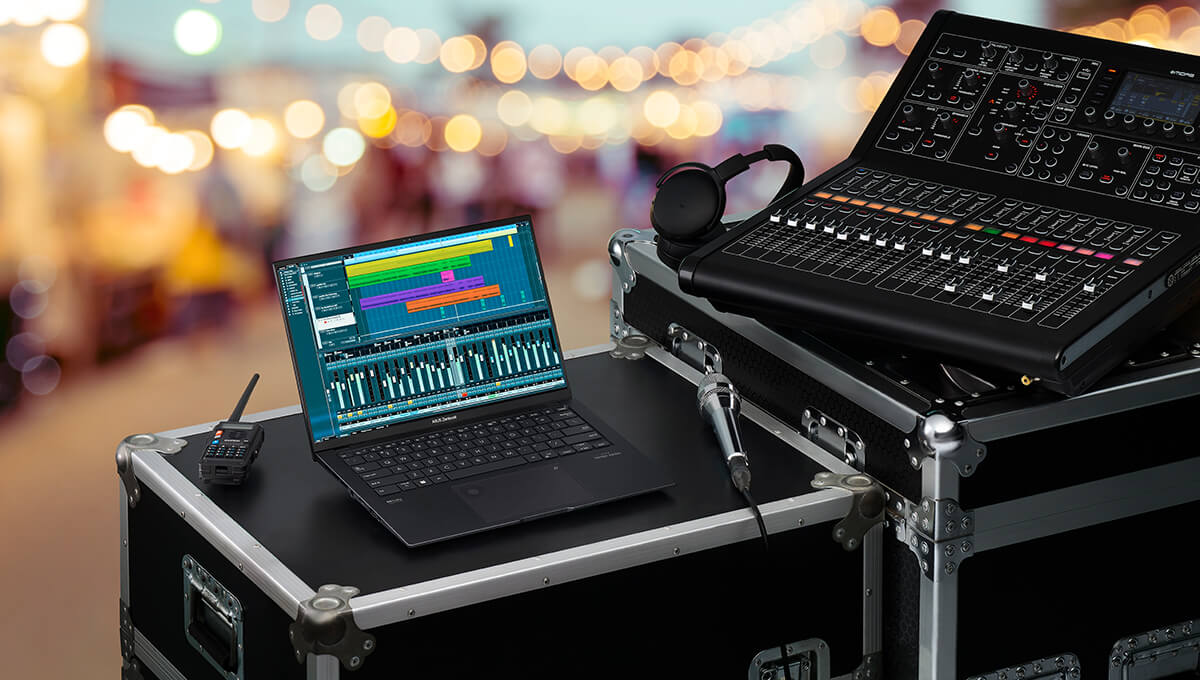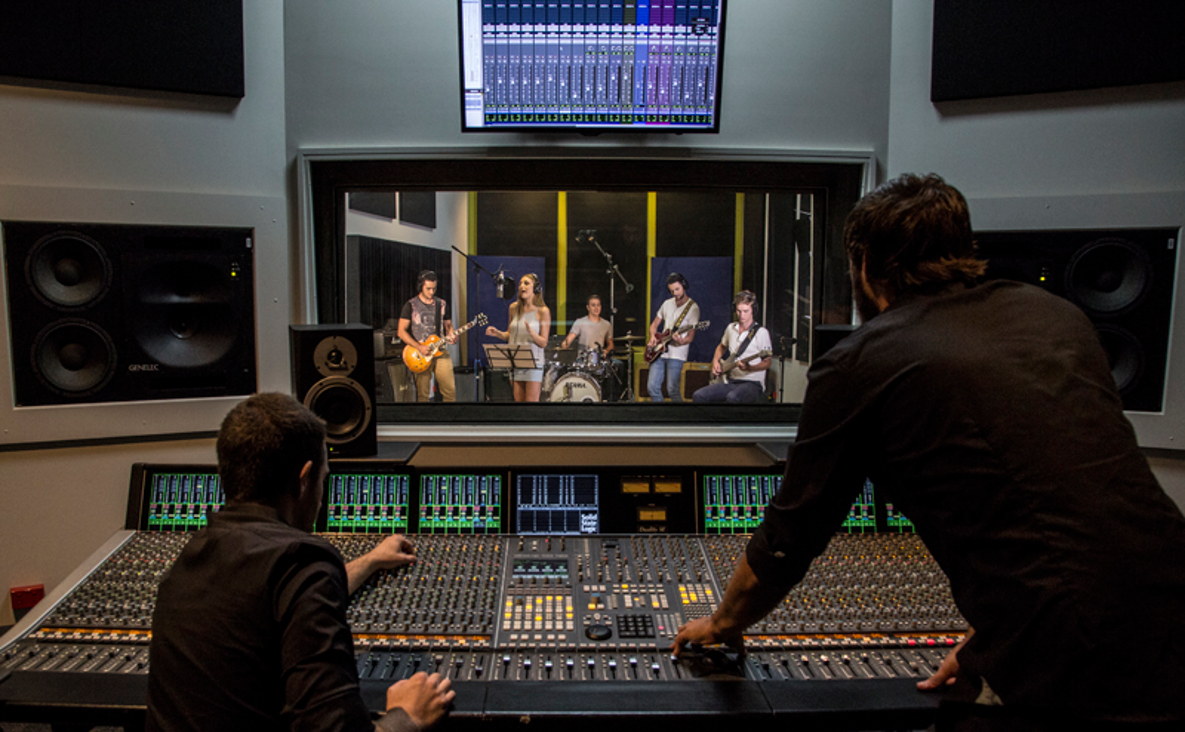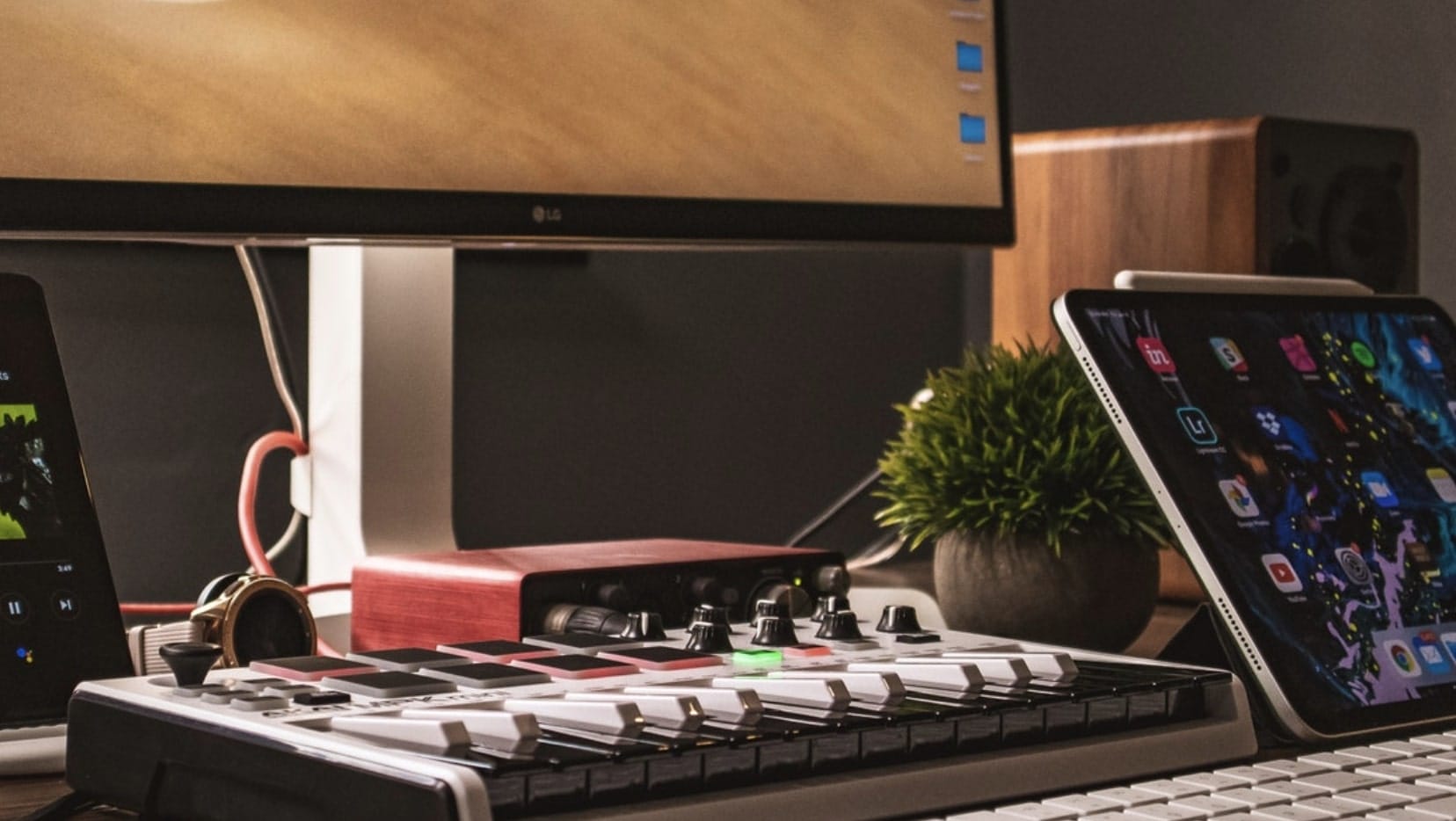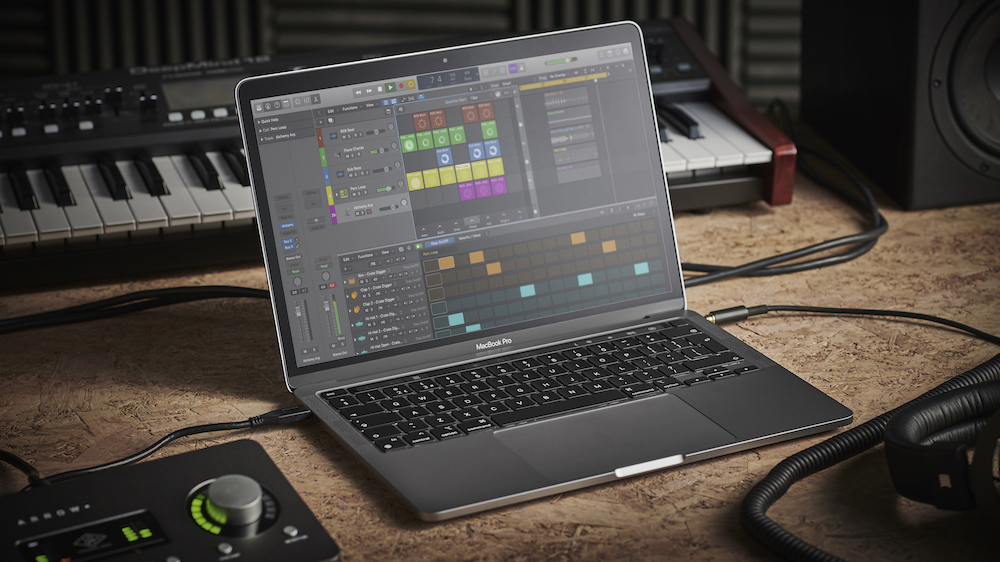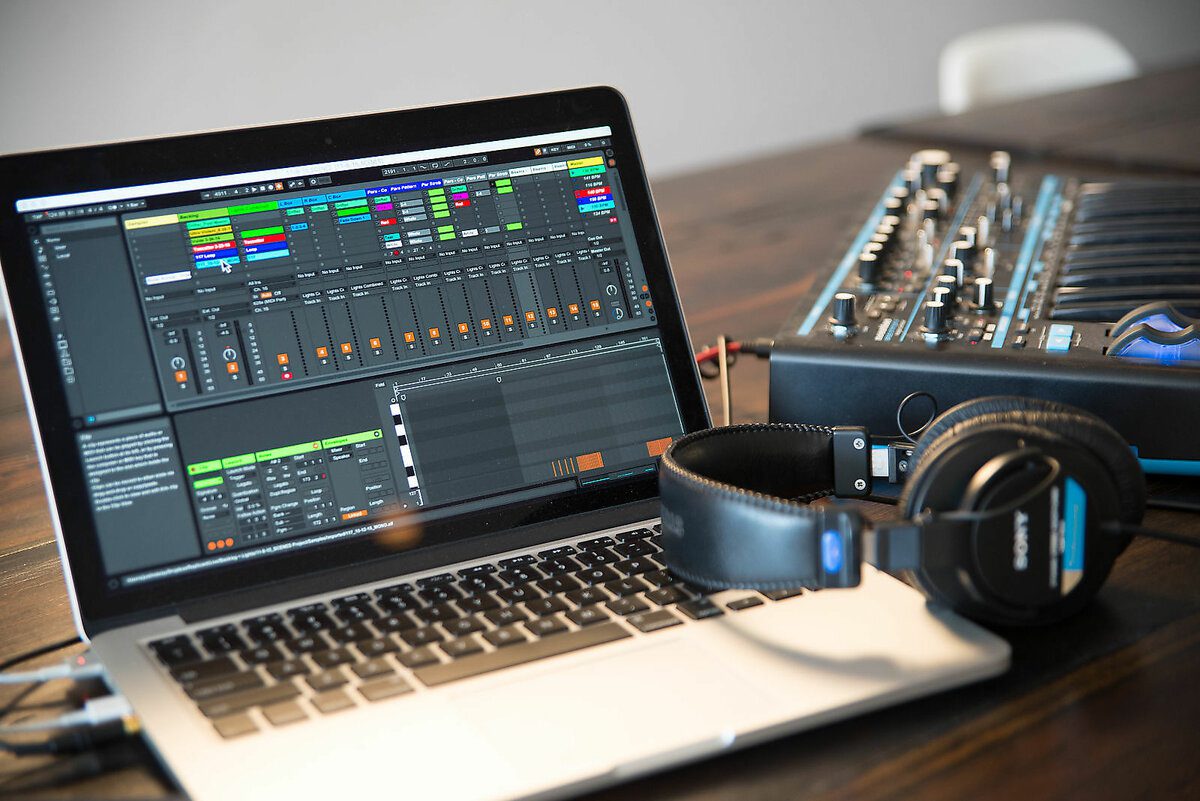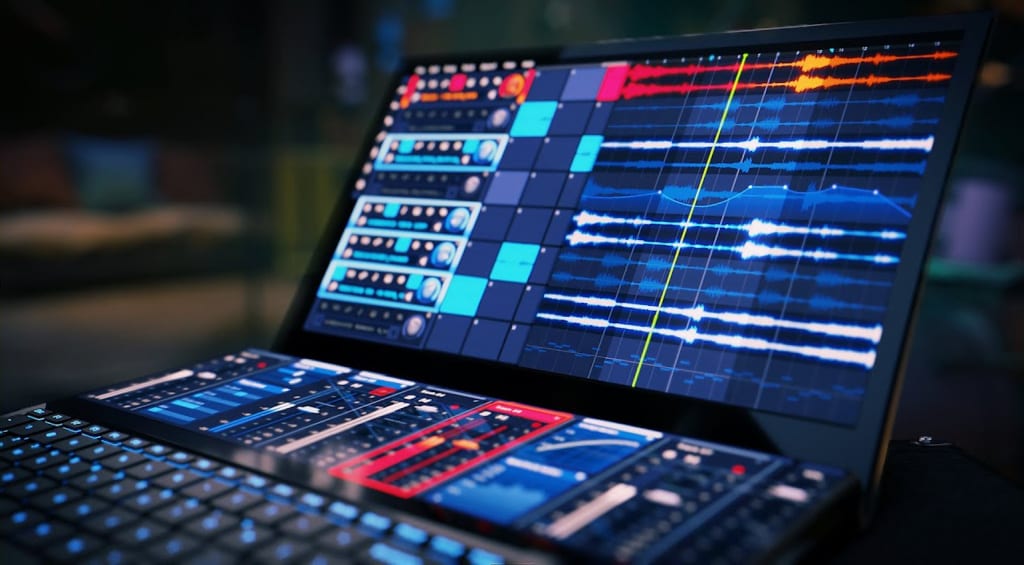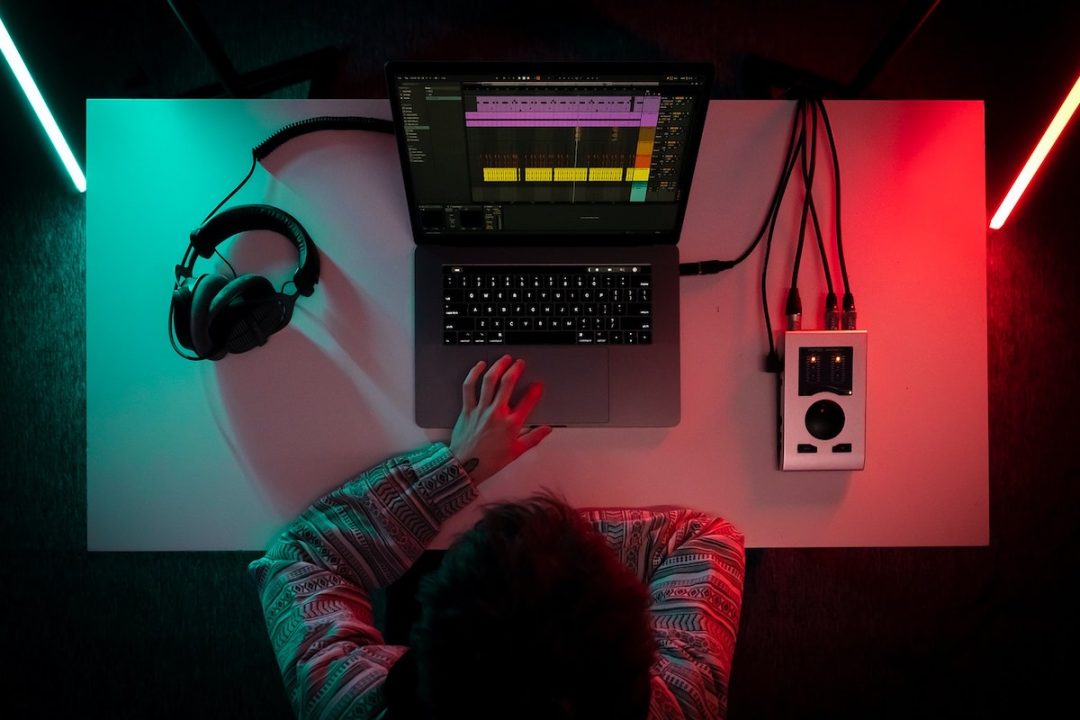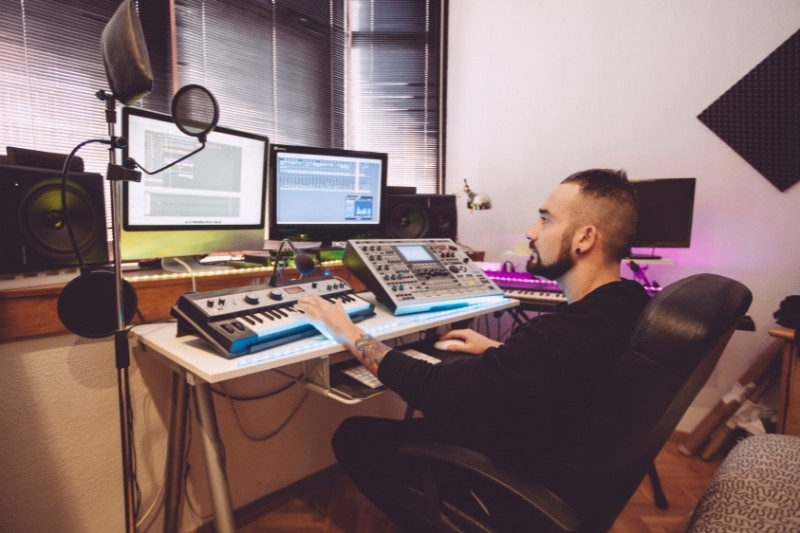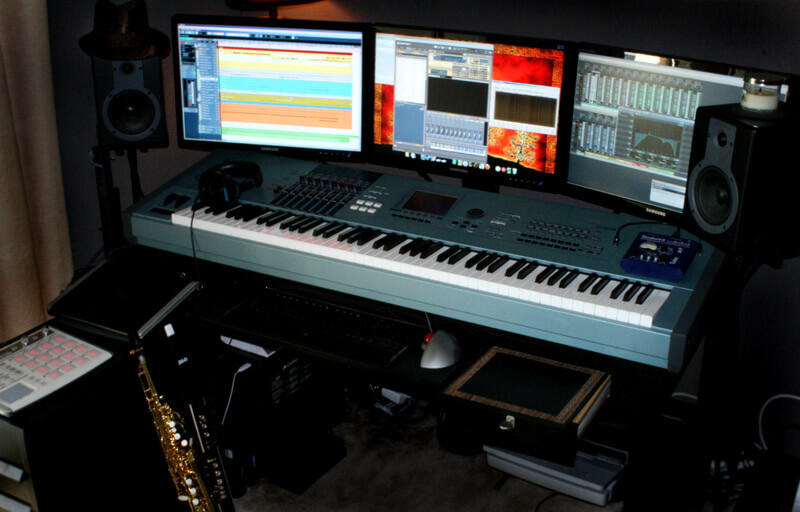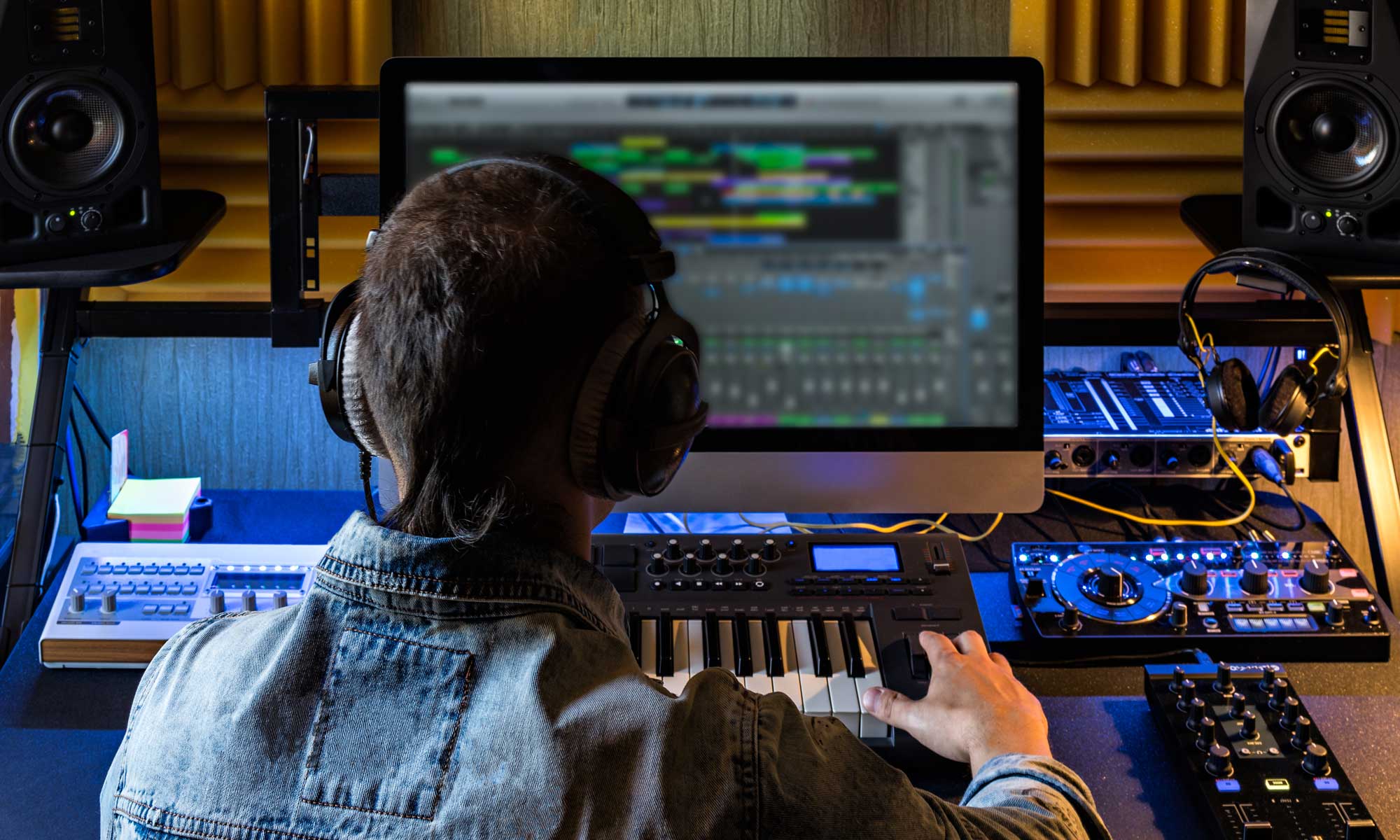Computers Made For Music Production
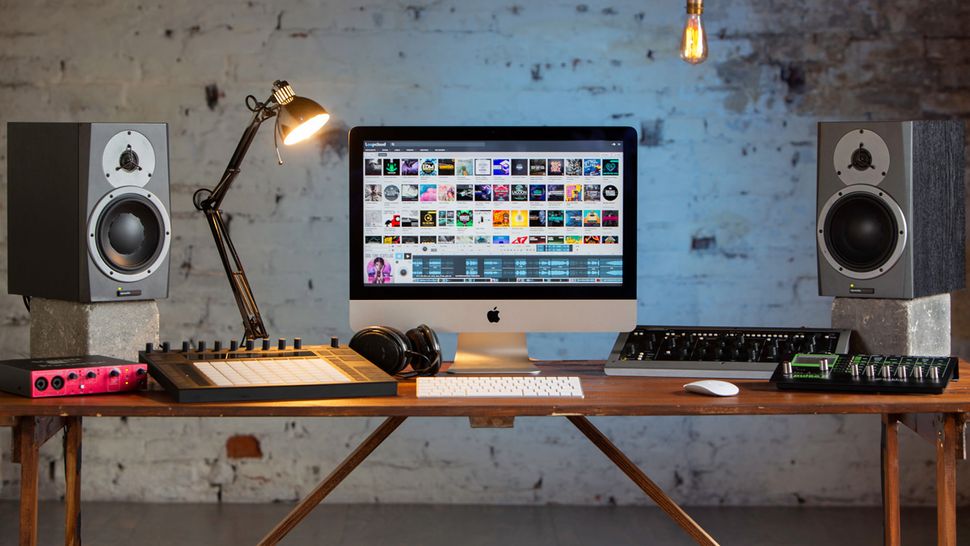
The digital audio workstation, or DAW, has become the central hub for modern music creation, demanding increasingly powerful computers to handle complex arrangements, numerous virtual instruments, and demanding audio processing tasks. This demand has fueled a specialized market of computers built specifically for music production, catering to the unique needs of musicians, producers, and audio engineers.
These specialized machines, often featuring high-performance processors, ample RAM, and fast storage solutions, promise to streamline the creative process and minimize technical limitations. But what exactly sets these computers apart, and are they worth the investment for aspiring and professional musicians alike?
What Defines a Music Production Computer?
At its core, a computer optimized for music production prioritizes speed and stability. It is more than just a regular computer.
High-performance CPUs are crucial for handling the intensive calculations required by DAWs and plugins. Faster CPUs translate to lower latency and the ability to run more virtual instruments and effects simultaneously.
The importance of having adequate RAM (Random Access Memory) cannot be overstated in music production. More RAM allows for larger sample libraries to be loaded and complex projects to be handled without performance bottlenecks.
Typically, 16GB is considered a starting point for serious producers, with 32GB or even 64GB becoming increasingly common, particularly for those working with orchestral libraries or large, multi-track projects. Having enough storage is equally important.
Fast SSD (Solid State Drive) storage is essential for quick loading times of samples, plugins, and projects. A dedicated SSD for the operating system and software is standard, with additional SSDs often used for sample libraries and project files.
Beyond the Core Components
Beyond the core components, other factors contribute to a computer's suitability for music production. Low latency audio interfaces are crucial for recording and monitoring audio with minimal delay.
While dedicated graphics cards are not as critical as in gaming, a decent GPU can improve performance in visually demanding plugins and DAWs. Noise levels are also a consideration, especially for recording in the same room as the computer.
Many dedicated music production computers prioritize quiet operation through specialized cooling systems and components.
The Market Landscape
Several manufacturers specialize in building computers tailored for music production. Companies like Sweetwater and Pro Tools offer pre-built systems designed specifically for audio work, ensuring compatibility and optimized performance with popular DAWs and plugins.
These systems often come with bundled software and support, providing a complete solution for musicians. Alternatively, many musicians opt to build their own custom computers, allowing for greater control over component selection and customization to their specific needs and budget.
Impact on Musicians and the Industry
The availability of powerful and reliable computers has had a profound impact on the music industry. It gives musicians access to the tools they need to create at a high level.
It allows for greater creative freedom and flexibility, enabling musicians to experiment with new sounds and techniques. DAWs have become more powerful, sample libraries are more detailed, and complex audio processing is easier than ever.
This has democratized music production, empowering independent artists and producers to create professional-quality recordings from their home studios. According to a 2023 report by the Recording Industry Association of America (RIAA), independent music accounted for over 30% of the total revenue generated by the music industry, highlighting the growing influence of independent artists and producers.
The Future of Music Production Computers
As technology continues to evolve, the demand for even more powerful and efficient music production computers will likely increase. Advancements in processor technology, such as Apple's M-series chips, are pushing the boundaries of what's possible in terms of performance and power efficiency.
The integration of AI and machine learning in DAWs and plugins will further drive the need for powerful computing resources. The future of music production computers points towards even greater levels of integration, customization, and performance, empowering musicians to push the boundaries of creativity and innovation.
